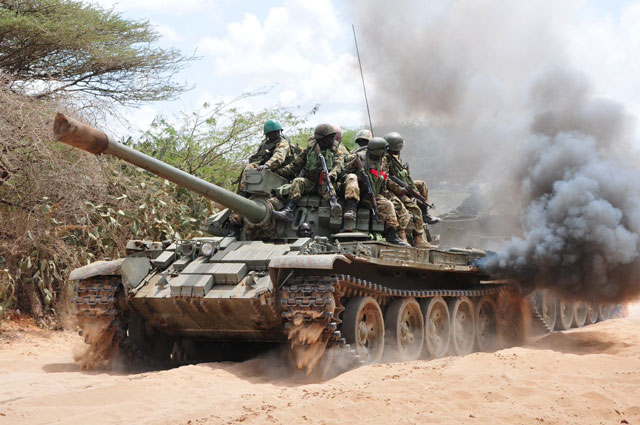Best practices to rekindle Rotary activities and revamp clubs' governance
.jpeg)
The Rotary Club is a global service organization that operates in so many parts of the world, Africa and Uganda inclusive. It is a non-profit organization made up of community leaders and volunteers who work together to address various social issues and promote goodwill. In Uganda, the Rotary club plays a significant role in supporting local communities through various initiatives, such as providing access to clean water, improving healthcare facilities, supporting education, and promoting economic development. Their efforts contribute to enhancing the quality of life and fostering positive change in the region. After studying comparatively, the systems of operation of two Rotary clubs i.e. Entebbe Rotary Club (RC) and Nkumba RC, I have this observation that best practices for RC's (Rotary Clubs) focused on ideas of hope and change involve fostering a positive, forward-thinking environment while making a meaningful impact on the community. Below are some suggestions: ...

.jpeg)


.jpeg)
